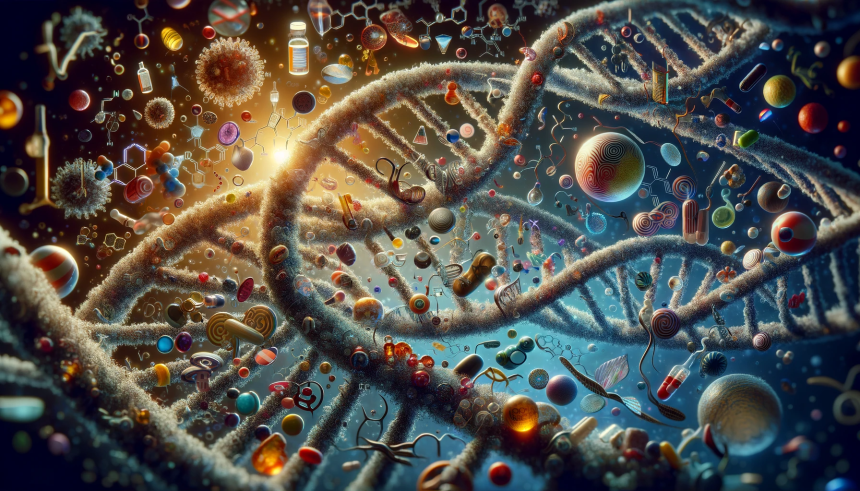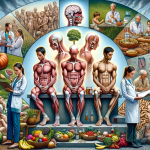Central to our biological composition resides our genome, an intricate web of genes that regulates all facets of life, including our physical attributes and vulnerability to specific ailments. In the human body, the introduction of exogenous substances such as alcohol and narcotics does not occur passively; rather, they initiate a biochemical dialogue with cells, which can result in modifications to the fundamental components of our genetic material.
Alcohol: A Sword with Two Edges
Alcohol, a substance that is pervasive in social environments, exhibits a contradictory association with our DNA. Enhanced cardiovascular health is one of the health benefits associated with moderate consumption, which may be attributed to the activation of protective genetic pathways. Chronic and excessive alcohol use, on the other hand, is a complex matter that involves genetic disruptions.
Prolonged alcohol exposure has the potential to induce alterations in gene expression, specifically in genes associated with metabolic processes and neural function. These modifications have the potential to initiate a series of adverse consequences, which may encompass an elevated susceptibility to addiction, hepatic ailments, and neurological disorders. An enduring consequence of these modifications is that they may establish a hereditary pattern of alcohol misuse that has the capacity to affect subsequent generations.
Pharmaceuticals as a Catalyst for Genetic Rearrangement
The complexity of the influence of illicit substances on genetics is comparable, if not greater. Substances such as cocaine, narcotics, and methamphetamines disrupt the body’s intrinsic reward pathways, thereby eliciting an initial surge of pleasure and contentment. As time passes, this usurpation induces genetic alterations that may impair the body’s intrinsic capability to synthesize and control endogenous neurotransmitters, thereby precipitating addiction and a myriad of additional physiological complications.
Additionally, research has demonstrated that specific medications can induce mutations in DNA, which may confer an increased susceptibility to cancer and other genetic disorders. This hereditary affront not only impacts the individual but also possesses the capacity to influence progeny, thereby perpetuating a recurring pattern of genetic susceptibility to addiction and illness.
The Dimensions of Epigenetics
An additional facet to this intricate dynamic is the discipline of epigenetics, which investigates the manner in which external influences can modify the expression of genes without modifying the DNA sequence per se. Epigenetic modifications can be induced by both alcohol and drugs, effectively activating or deactivating genes in a manner that affects an individual’s health and may be inherited by subsequent generations.
Assessing the Genetic Constraints
The comprehension of the genetic ramifications of alcohol and substances presents novel opportunities for rehabilitation, treatment, and prevention. The identification of susceptibility genetic markers can facilitate the development of personalized intervention strategies, whereas the elucidation of epigenetic ramifications can provide insights into methods to reverse or alleviate the inherited risks.
Conclusion
The convergence of alcohol, drugs, and genetics serves as evidence of the intricate equilibrium that exists within our biological systems and the profound manners in which extraneous substances can perturb this equilibrium. With the ongoing investigation into these intricate associations, it becomes progressively evident that the decisions we currently undertake may yield extensive genetic ramifications. This emphasizes the criticality of adopting well-informed strategies and comprehensive approaches when it comes to substance use and abuse.








